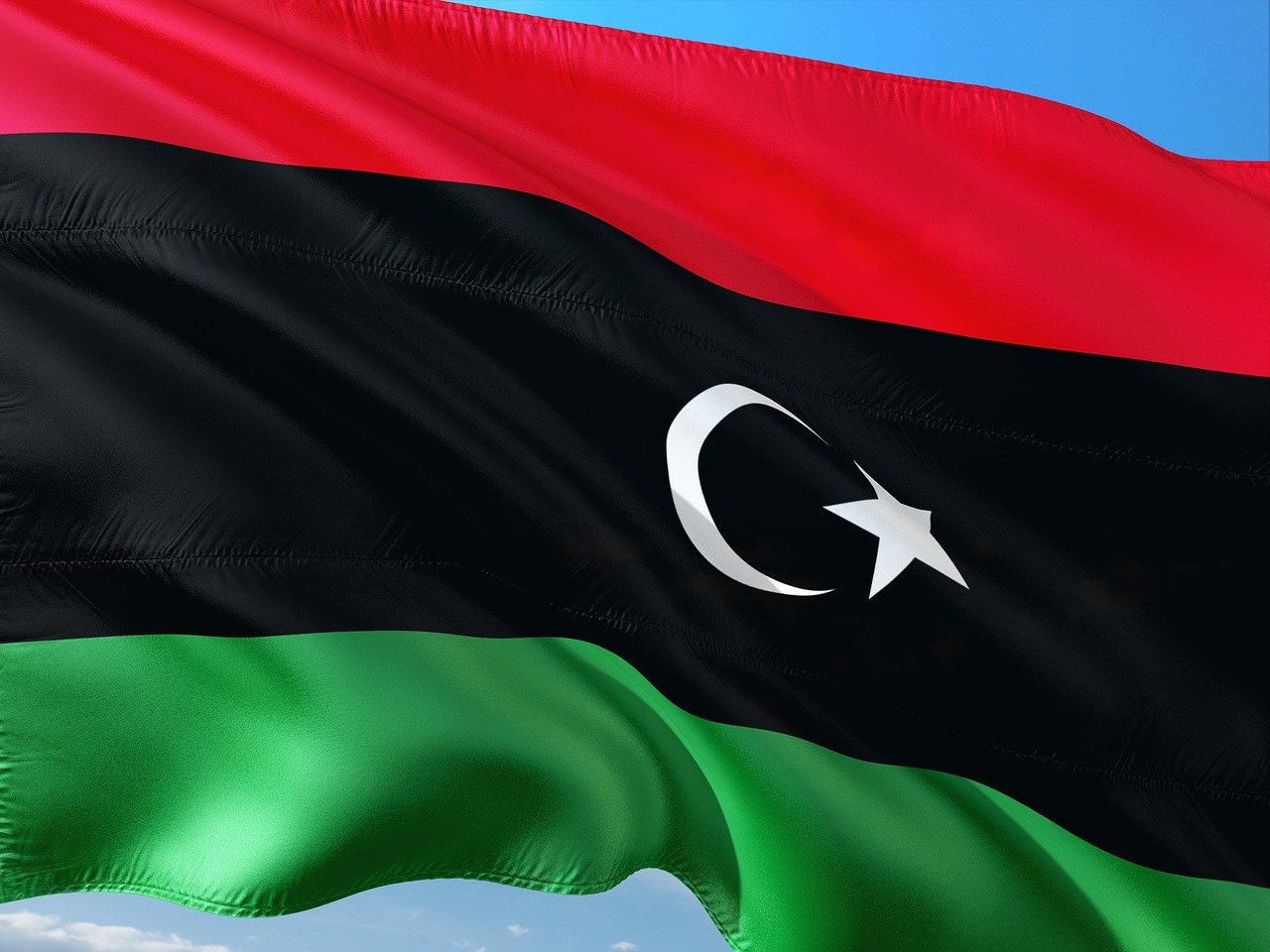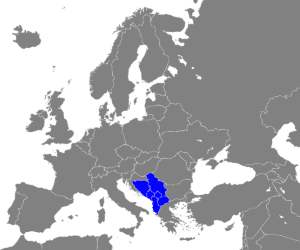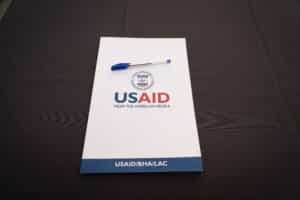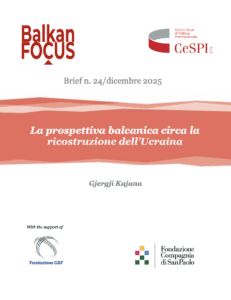On 23 November, the second round of the Libyan Political Dialogue started in the Tunisian city of Carthage (close to capital Tunis). The two rivalling governments of Libya were brought together by the United Nations (UN) to make agreements on the country’s future. The involved parties achieved a major breakthrough by agreeing on new elections as well as a legal committee, but failed to assign an interim authority to lead the transition of power.
Both the UN-backed, Tripoli-based, Government of National Accord (GNA) and the government based in Tobruk, eastern Libya, agreed to hold parliamentary and presidential elections on 24 December 2021. Also, a decision was made on the formation of a legal committee that would create the constitutional foundation of the electoral system. Stephanie Williams, UN special envoy for Libya, who leads the dialogue was optimistic after the first week of talks even though not all problems have been solved. She said that the sides had worked out “significant issues” in a “very short period of time”.
Allegations of bribing
A total of 75 participants were selected by the UN to join the talks. There had been allegations that some of these members were bribed to vote in favour of specific individuals to form the interim transitional government. It was not disclosed who were involved in this scandal, but the UN made clear to investigate it and impose sanctions on anybody who hinders the dialogue. This statement was also backed by multiple other countries such as Germany, Italy and France, which said that they would take measures against those obstructing progress.
The second round of the meeting is planned to continue for a few more days, in which more agreements could be reached. This means that there is still an opportunity for a transitional government to be chosen. Any progression regarding the international fighters and militia has not been made public yet.
International community pushing for peace
The two-week talks are the latest in a series of international-brokered initiatives to achieve lasting peace in war-torn Libya. The country has now known a month of relative calmness since the GNA and the opposing Tobruk-based parliament signed a ceasefire in Geneva. Earlier, in September, members of both parties already met in Morocco where they promised to stop corruption and the mismanagement of public funds. The rivalling administrations also agreed on leadership positions for the country’s top institutions.
Chaos and proxy wars
The North-African country has known chaos and war since 2011, when former ruler Muammar al-Gaddafi was killed in the Arab Spring uprisings. This led to major divisions in Libya and left it with multiple administrations, each claiming to be the legitimate one. Since then, the country has seen foreign interventions from multiple countries and proxy wars mainly originating in the Middle East. The GNA is not only backed by the UN, but also supported by the Turkish military and different national militias. The Tobruk-based government is assisted by Egypt, the United Arab Emirates, Russia and the influential Libyan military commander Khalifa Haftar.
Tensions escalated between the two governments in 2019, when commander Haftar attacked Tripoli. The GNA was able to force him back to the city of Sirte, leading to even more problems, due to the city being strategically placed on the Mediterranean and its access to the country’s eastern oil reserves.
Ceasefires and elections have been promised before, but were neglected after some time. However, the international community seems hopeful to achieve lasting peace in Libya.
Sources: AA, Africannews, Alarabiya, Aljazeera1, Aljazeera2, Alkhaleejtoday, Europeanforum, UN
Image: Pixabay



